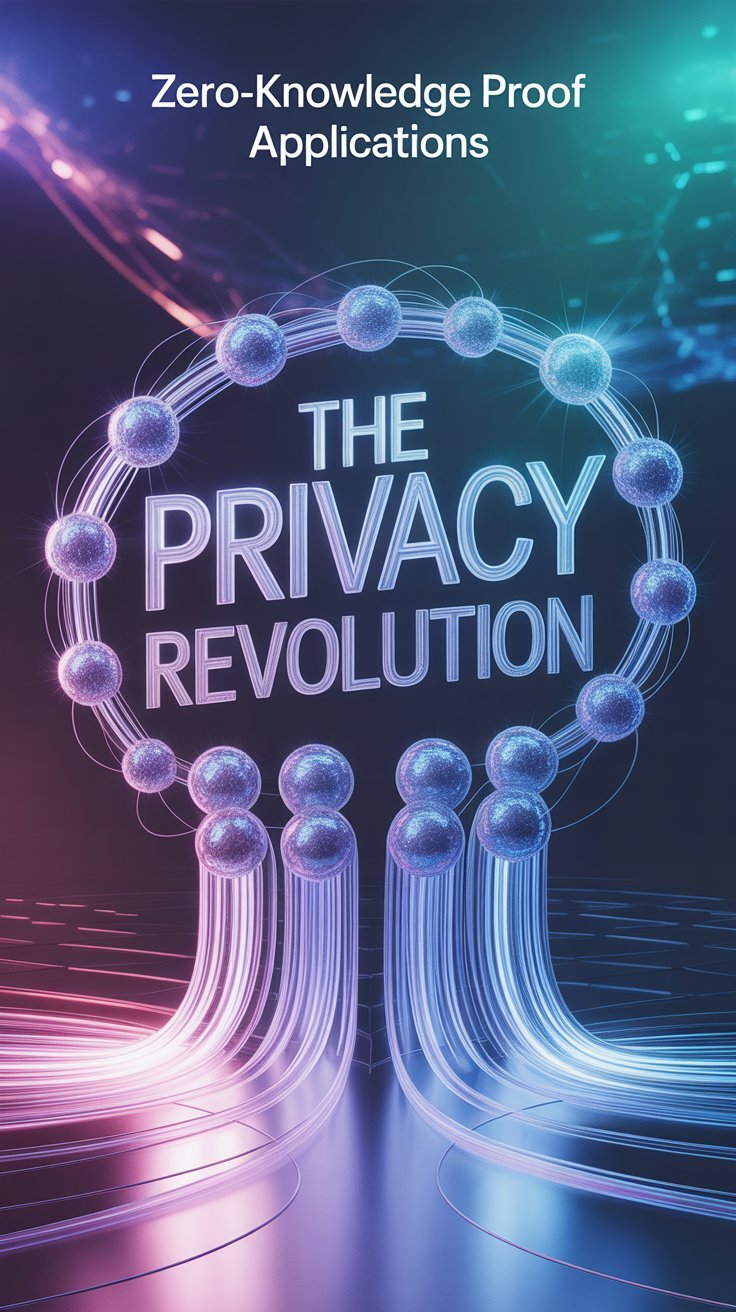In today’s digital world, the balance between transparency and privacy has never been more important.
Zero-knowledge proofs (ZKPs) have emerged as a groundbreaking solution that allows one party to prove to another that something is true without revealing any additional information.
This technological breakthrough is transforming multiple industries by enabling privacy while maintaining security and trust.
What Are Zero-Knowledge Proofs?
Zero-knowledge proofs allow someone to prove they know something without revealing what they know. Think of it like proving you have the correct key to a lock without showing the key itself.
This cryptographic method verifies information while keeping sensitive data private.
The Crypto Revolution: Privacy and Scalability

The cryptocurrency market has been the earliest and most visible adopter of zero-knowledge technology. According to recent data from CoinMarketCap, privacy-focused cryptocurrencies utilizing ZKPs have seen significant growth in market adoption throughout early 2025.
Ethereum’s implementation of ZK-rollups has dramatically improved transaction processing, handling thousands of transactions off-chain while maintaining security.
This solution addresses the blockchain trilemma by enhancing scalability without compromising decentralization or security.
Projects like Polygon zk have demonstrated how zero-knowledge proofs can reduce transaction costs while increasing throughput.
Their recent implementations have shown processing capabilities of up to 10,000 transactions per second, a dramatic improvement over traditional blockchain methods.
Banking and Financial Services Transformation
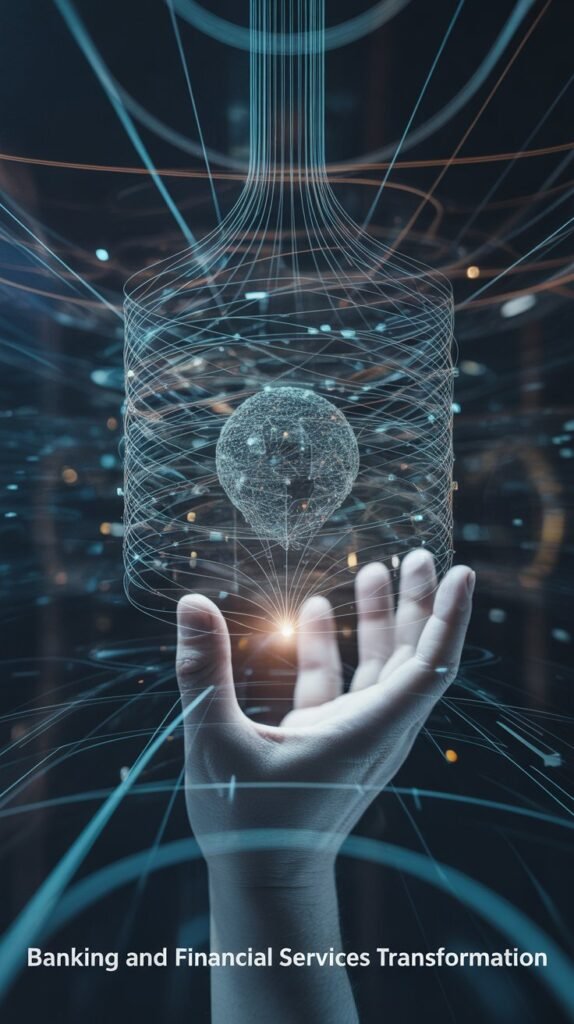
Traditional financial institutions are now embracing zero-knowledge proofs to enhance security while complying with strict privacy regulations.
Major banks have begun implementing ZKP technology to verify customer identities and transaction validity without exposing sensitive personal data.
Financial analysts from Investing.com report that banks using ZKP-based systems have seen a 30% reduction in fraud cases while simultaneously improving customer satisfaction through streamlined verification processes.
These systems allow banks to confirm a customer has sufficient funds for a transaction without seeing their exact account balance.
Digital Identity Verification Revolution
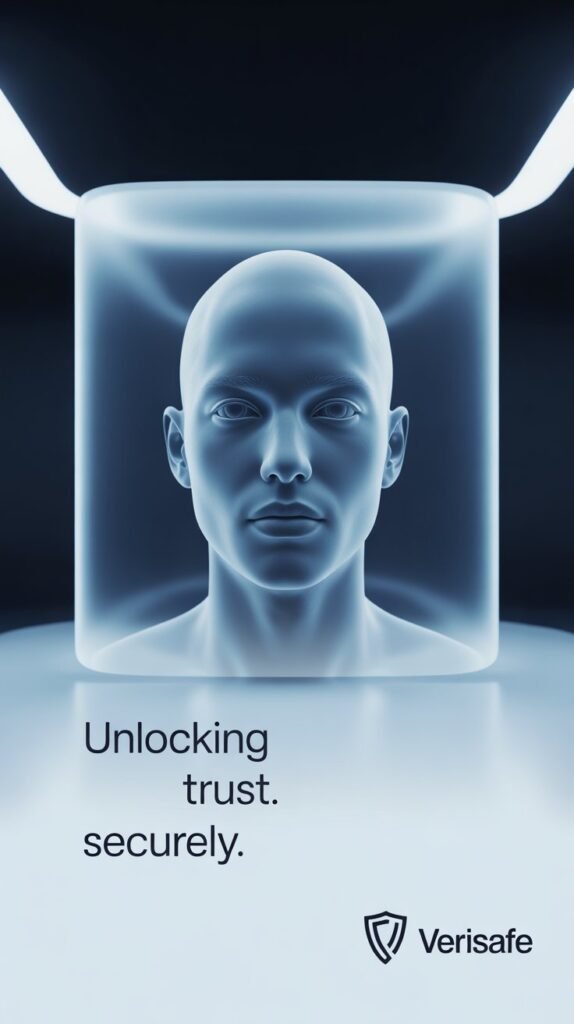
Digital identity verification is being revolutionized through zero-knowledge applications. Rather than sharing complete identity documents online, users can now prove specific attributes about themselves without revealing their entire identity.
For example, a person can prove they are over 21 years old for age-restricted services without revealing their exact birthdate or other identification details.
This targeted disclosure protects privacy while satisfying regulatory requirements.Several governments are piloting ZKP-based digital identity systems that give citizens greater control over their personal information.
These systems allow citizens to prove tax compliance, voting eligibility, or social benefit qualification without exposing their complete records.
Supply Chain Transparency with Privacy
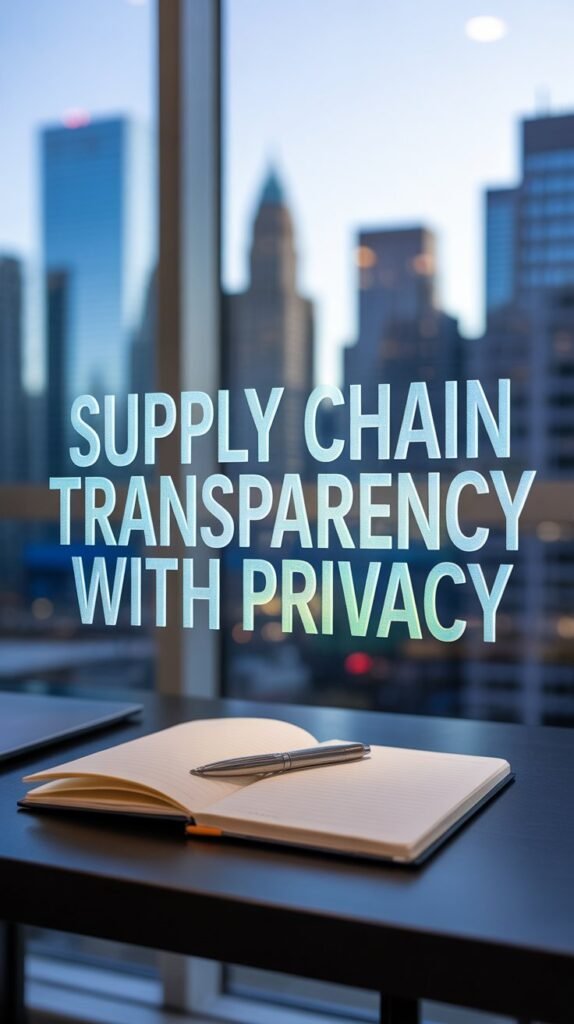
Supply chain management faces the dual challenge of needing transparency while protecting proprietary information. Zero-knowledge proofs offer an elegant solution by enabling verification without full disclosure.
Companies can now prove their products meet ethical sourcing guidelines or regulatory requirements without revealing trade secrets or confidential supplier relationships.
This capability is particularly valuable in industries like pharmaceuticals, where both compliance and intellectual property protection are critical.
A recent implementation by a major pharmaceutical company allows them to prove medication authenticity and proper handling throughout the supply chain while keeping proprietary formulations secure.
This system has reduced counterfeit medications by 45% in pilot regions.
Real Estate and Property Rights
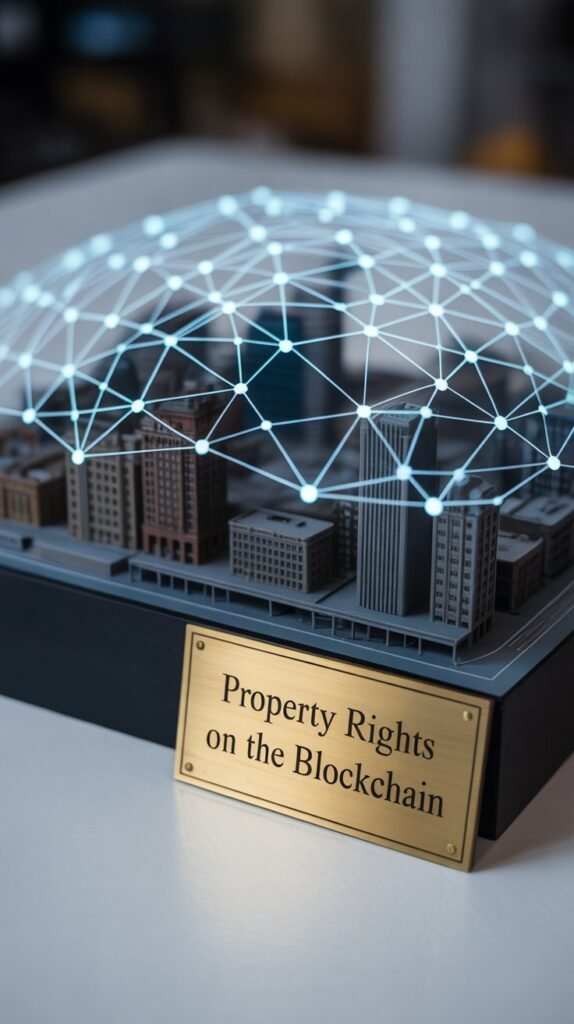
The real estate sector is adopting zero-knowledge proofs to streamline property transactions while protecting sensitive financial information.
Buyers can prove their financial qualification without revealing exact income or asset details, while sellers can verify ownership without exposing complete property histories.
These applications are particularly transformative in regions with complex or disputed property rights. ZKP systems allow property owners to prove legitimate ownership without revealing family histories or sensitive details that might expose them to privacy risks.
Healthcare: Balancing Privacy and Research

Healthcare providers face the challenge of protecting patient privacy while advancing medical research. Zero-knowledge proofs allow researchers to verify patterns and outcomes without accessing identifiable patient data.
Recent implementations enable researchers to query whether patients with specific characteristics responded positively to treatments without seeing individual medical records.
This approach accelerates research while maintaining strict privacy standards required by regulations like HIPAA.
Voting Systems: Transparent Yet Private
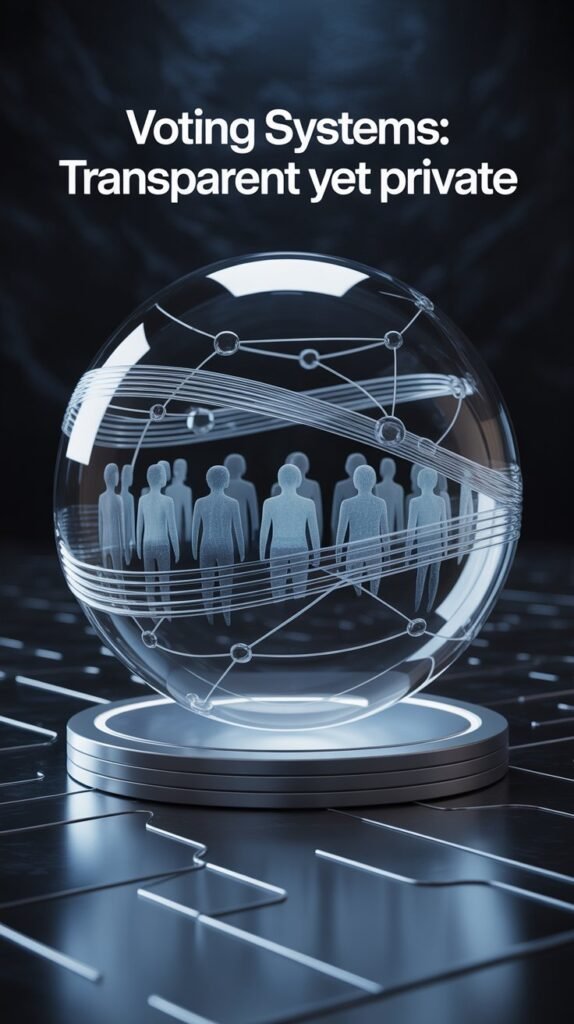
Election integrity requires both verification and voter privacy. Zero-knowledge proofs enable voters to verify their votes were correctly counted without revealing who they voted for.
Similarly, election officials can prove election integrity without compromising ballot secrecy.
Several countries are testing ZKP-based voting systems that provide voters with cryptographic receipts to verify their votes while maintaining anonymity.
These systems allow for public verification of results without exposing individual voting records.
The Road Ahead: Challenges and Opportunities
Despite their promise, zero-knowledge proof technologies face implementation challenges. The computational requirements for complex ZKPs can be substantial, though recent algorithmic improvements have reduced this burden significantly.
User experience remains another hurdle, as the cryptographic concepts underlying ZKPs can be difficult for average users to understand. Developers are working on intuitive interfaces that hide the technical complexity while maintaining security benefits.
The regulatory landscape for ZKP applications continues to evolve. While privacy-enhancing technologies are generally welcomed by regulators, specific implementations must navigate existing frameworks for data protection and verification.
Conclusion
Zero-knowledge proofs represent a fundamental shift in how we think about verification and privacy in digital systems. By allowing proof without disclosure, they offer a path toward systems that provide both transparency and privacy—qualities often considered mutually exclusive in the past.
As adoption grows across industries from finance to healthcare, from supply chain to voting systems, we can expect zero-knowledge applications to become an increasingly common feature of our digital infrastructure.
The technology offers a promising solution to many of our most pressing privacy and security challenges while enabling new forms of collaboration and trust in our increasingly connected world.
For those interested in privacy technology, zero-knowledge proofs stand as one of the most significant innovations of recent years—a true revolution in how we establish trust in the digital age.
FAQS.
- What exactly is a zero-knowledge proof in simple terms? A zero-knowledge proof is a method that allows you to prove you know something without revealing what that information is. It’s like proving you have the right key to a lock without showing the key itself.
- How are zero-knowledge proofs being used in cryptocurrency? Cryptocurrencies use zero-knowledge proofs to enable private transactions and improve scalability through solutions like ZK-rollups. This allows for faster processing while maintaining security and privacy.
- Can zero-knowledge proofs help protect my personal identity online? Yes, zero-knowledge proofs allow you to verify specific attributes about yourself without revealing your entire identity. For example, you can prove you’re over 21 without sharing your exact birthdate or other ID details.
- Are zero-knowledge proofs difficult to implement for businesses? While zero-knowledge proofs do have computational requirements, recent improvements have made them more accessible. The main challenges now are creating user-friendly interfaces and navigating evolving regulations.
- How might zero-knowledge proofs affect voting systems? Zero-knowledge proofs enable voters to verify their votes were counted correctly without revealing who they voted for. This technology supports both election integrity and ballot secrecy simultaneously.

